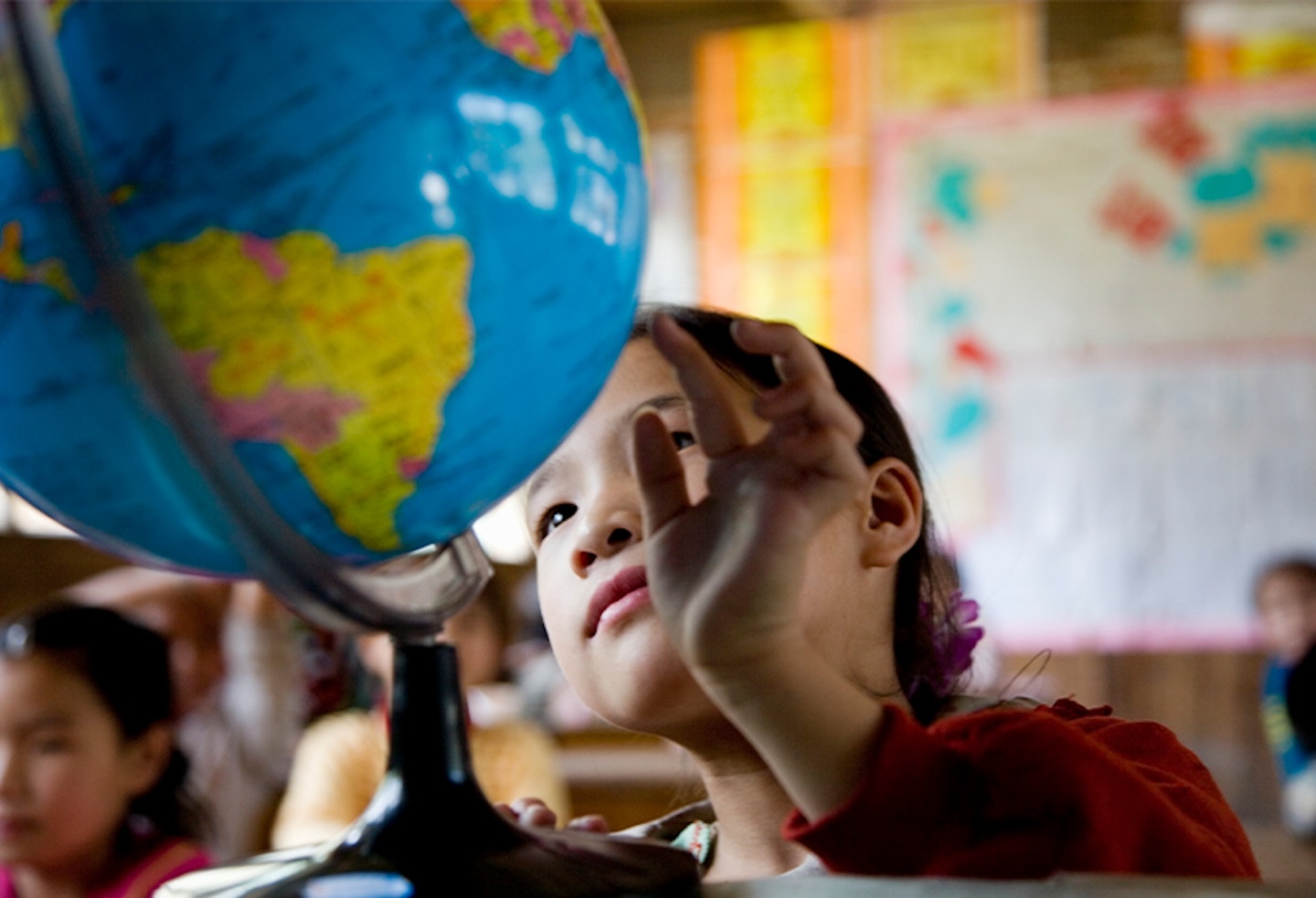Third culture kids is a term that refers to individuals who were raised in a different country and culture to the one their parents grew up in. Typically, these people are exposed to a larger variety of cultural influences than those who grow up in one particular cultural setting.
Third culture kids (or TCK's as it's often shortened to), are often the children of international business people, those in the military or global educators and their families tend to move around with them.
Although it's called 'kids', the term refers to adults too, whose developmental years were spent in different countries surrounded by different cultures. You might be wondering why it's called 'third culture' and not second - this is because the first relates to the country the parents originated from, the second culture is the country where the family currently resides and the third culture is the amalgamation of these two cultures.
The advantages and disadvantages of being a third culture kid

TCK's are often bilingual and in some cases, are fluent in a number of languages. Most commonly, they'll be fluent in their parent's native language, the language of the country they are living in and in some cases can pick up language from people at their school (especially if attending an international school), from their nannies or from travels abroad.
A number of research projects and studies have been carried out on TCK's which found they are very adaptable individuals, often compared to chameleons, able to adapt in different environments and form relationships with many different cultural identities easily. They often have a wider view of the world, with an increased number of experiences of other cultures and languages, making them far more sensitive to the needs of others.
Some TCK's however can sometimes have trouble answering the question 'where is home', which can lead to an identity crisis, sometimes having a psychological effect on the individual and their sense of belonging.
Some academics have also compared this transition of cultures and countries to grief, as the feeling of missing their old home and life is sometimes similar to the feelings of grief.
